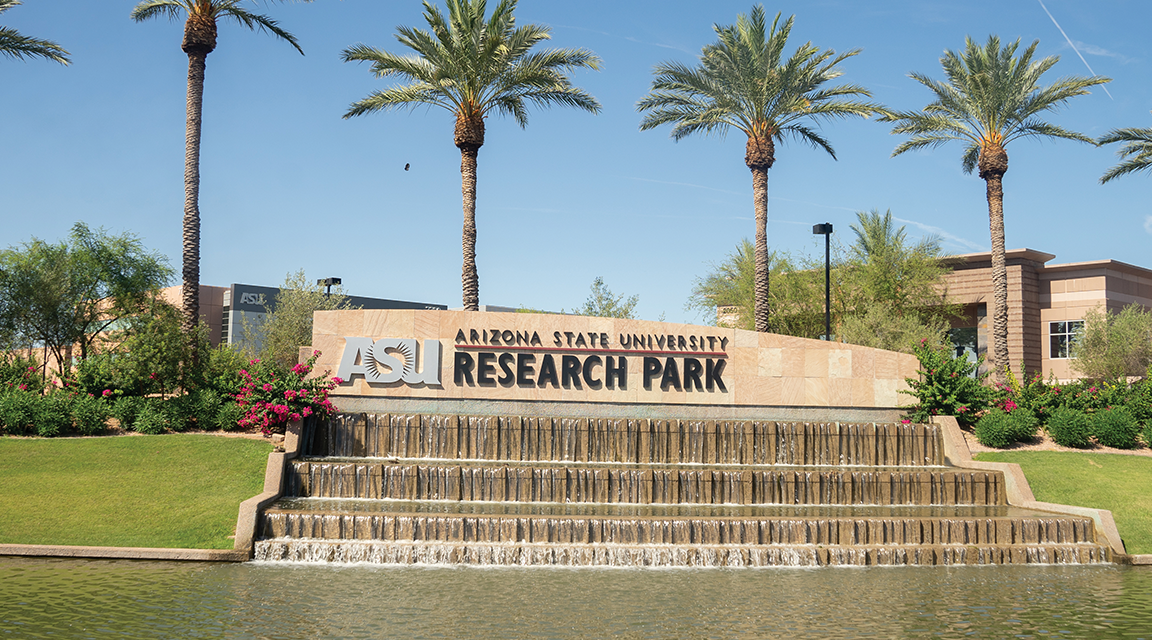THE FULL STORY
Arizona State University (ASU), a public research university on five campuses across the Phoenix metropolitan area, has been named the most innovative university in America by US News & World Report for five years in a row. To encourage the rapid and wide dissemination of university discoveries and inventions into the marketplace, Skysong Innovations was created in 2003 as a separate corporate entity. It acts as a proxy for ASU and select partner institutions, but with substantially increased flexibility and speed in its deal-making and venture activities.
Skysong Innovations places a strong emphasis on soliciting invention disclosures from faculty, students, and ASU-affiliated organizations. Invention disclosures, which provide a description of the invention, are the first step in evaluating the technology’s commercial viability and IP potential. Additionally, industry experts and patent counsel may also assess the invention and provide a more robust perspective on its marketability.
In 2018, researchers at Arizona State University disclosed 285 inventions to Skysong Innovations. This record number of disclosures allowed Skysong Innovations to achieve new benchmarks in technology commercialization, with 123 U.S. patents issued, 78 license and option agreements signed, and 17 new startups launched. To date, Skysong has launched 144 startups and created more than 1,100 local jobs.
Skysong Innovations houses entrepreneurs-in-residence, who meet regularly to hear pitches from university researchers and offer ideas for further growth. Startups and researchers who officially partner with Skysong Innovations are eligible to receive incubation and acceleration services. As these startups and ideas mature, they receive opportunities to pitch to powerful funding partners with proven and trusted track records from ASU.
Last year, the university produced a record-high number of commercial outputs, and a handful of ASU spinout companies raised $50 million in new venture funding, bringing the total amount raised by ASU-linked startups to more than $700 million.
All this activity is generating substantial local economic impact. Recently, the Seidman Research Institute examined ASU’s tech transfer impact between 2016 and 2018. As a result of the operations of Skysong Innovations and 40 ASU-linked companies, Arizona’s economy gained: $402.8 million in gross state product; $36.4 million in state and local tax revenues; and a cumulative economic impact that’s projected to exceed $1 billion by 2022.
